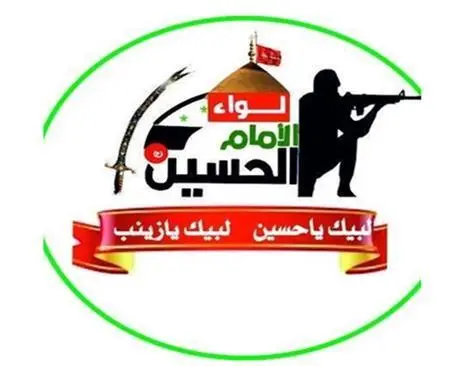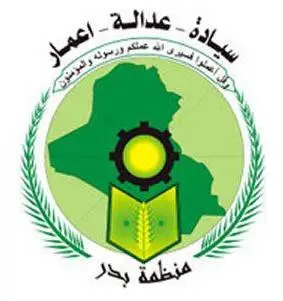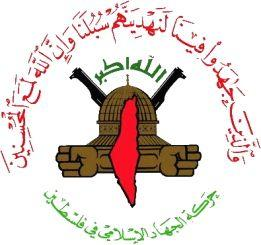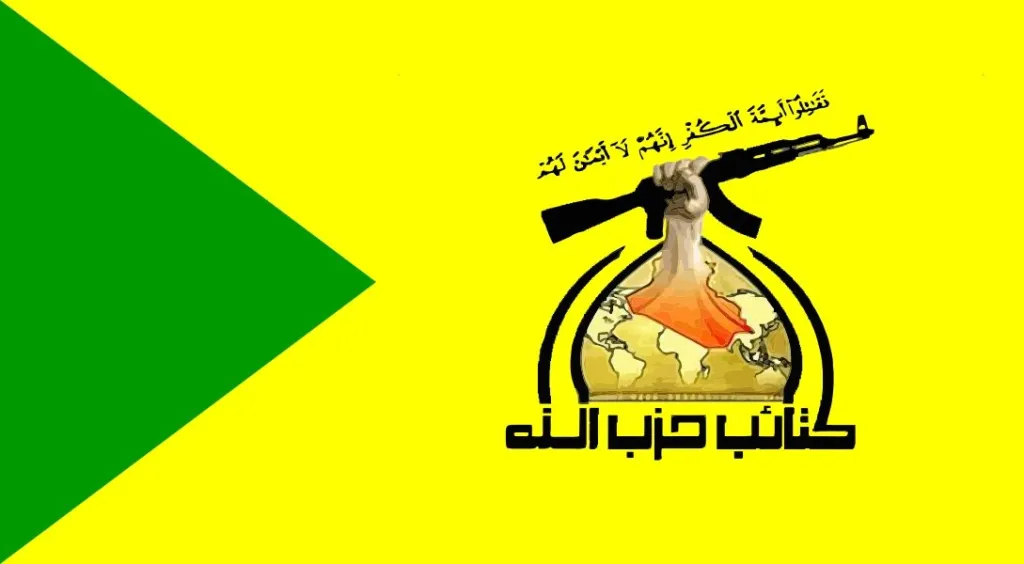What Do We Know About The Mufti Bill 2024? – Analysis

A bill introduced in Malaysia’s parliament earlier this year to expand the powers of the muftis – Muslim legal experts – in the federal territories (FT) of Kuala Lumpur, Labuan and Putrajaya is expected to be tabled for debate and possible passage within a month.







